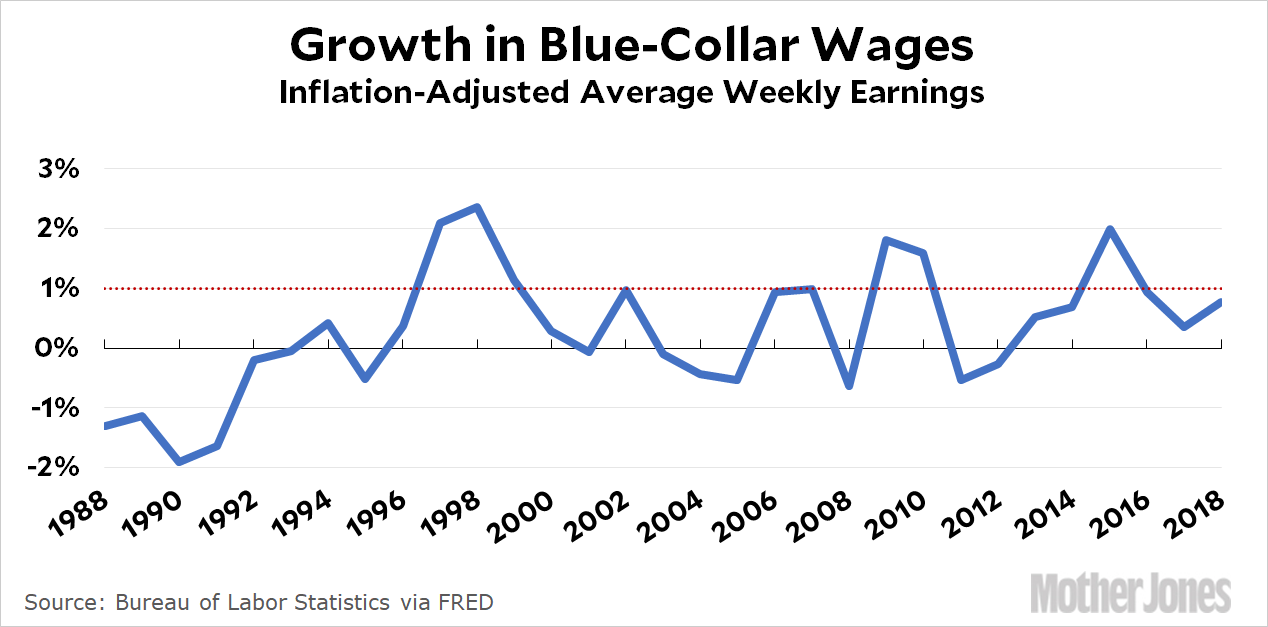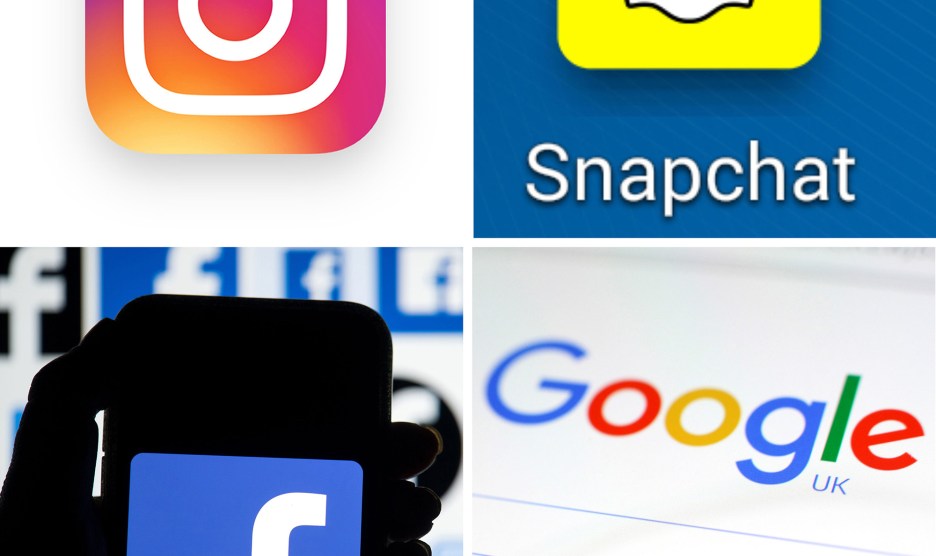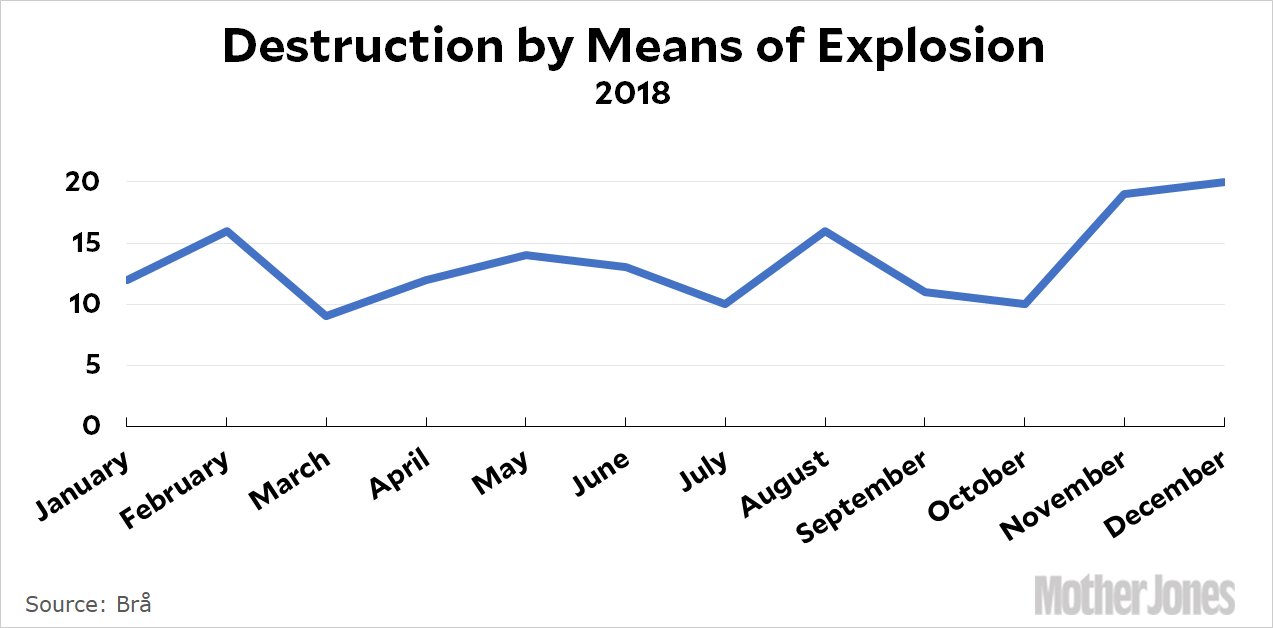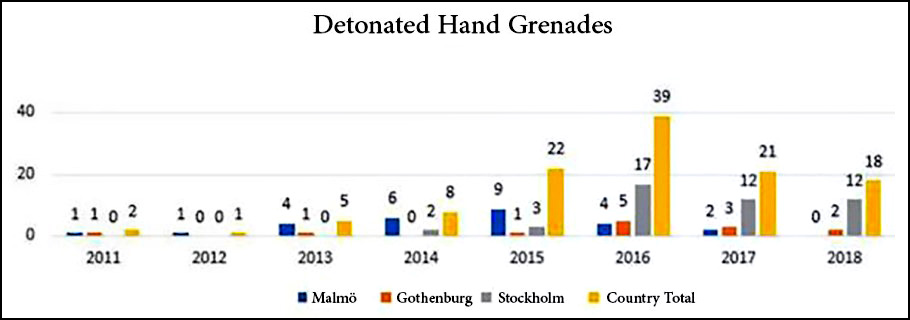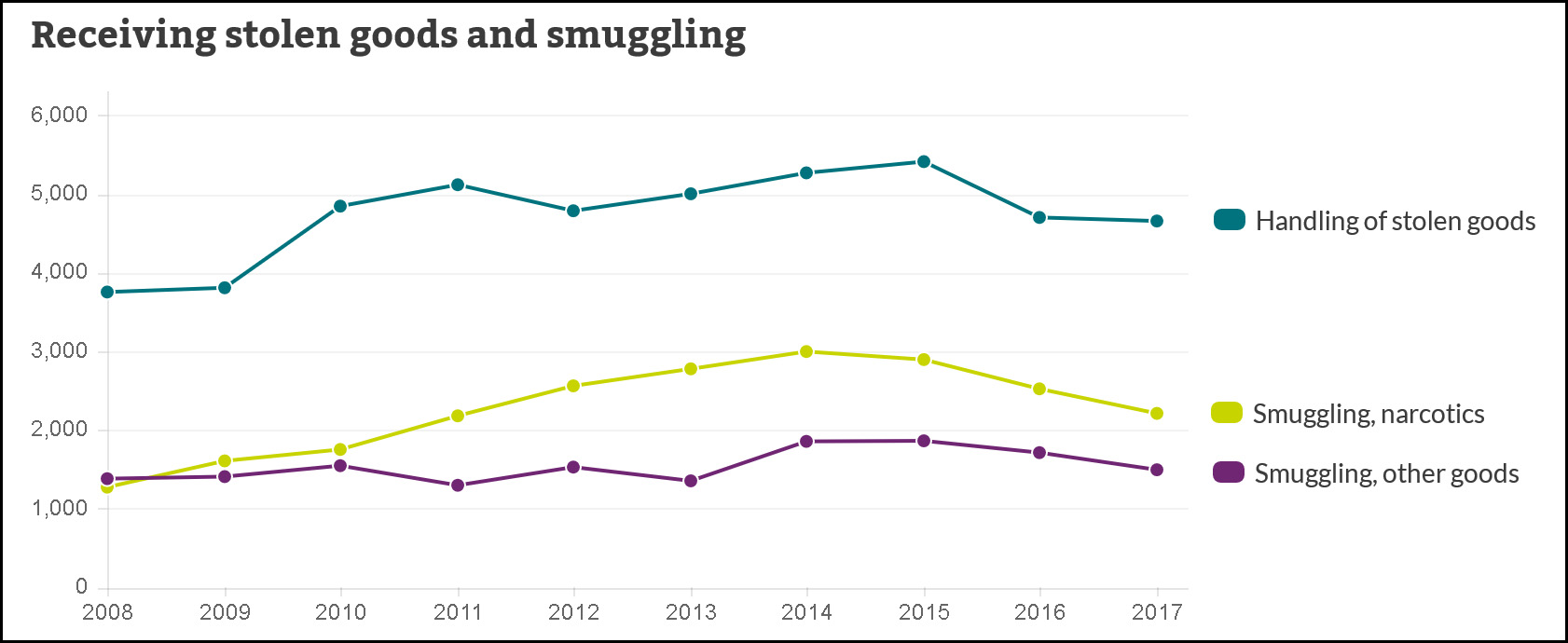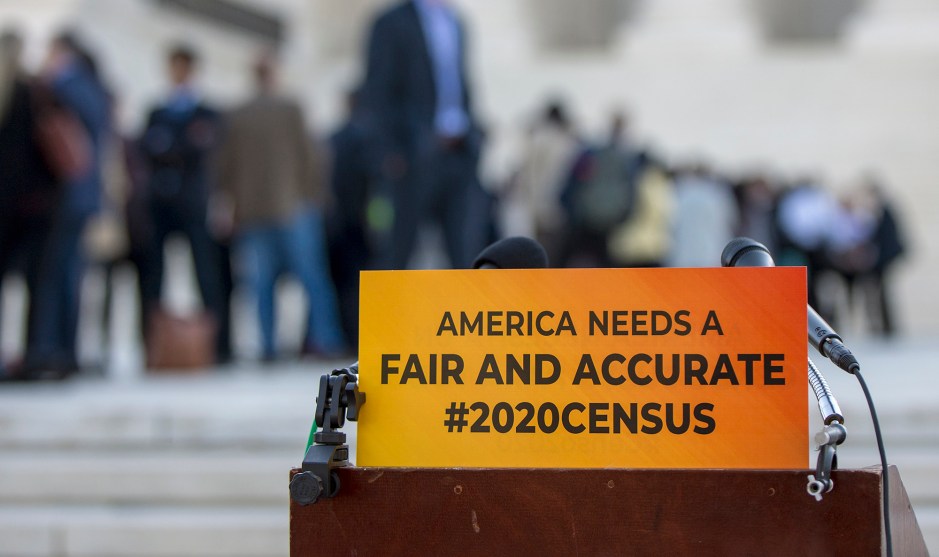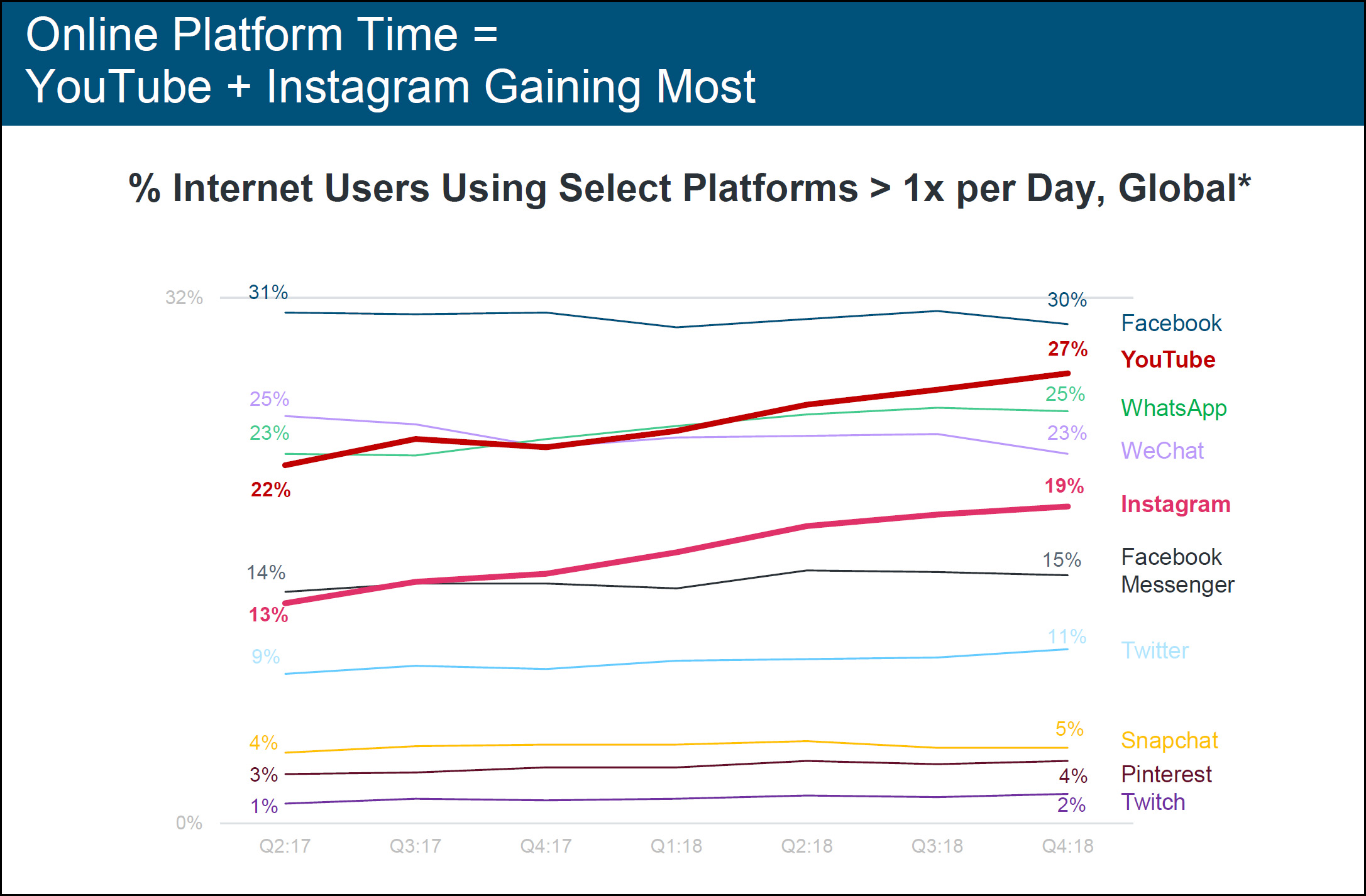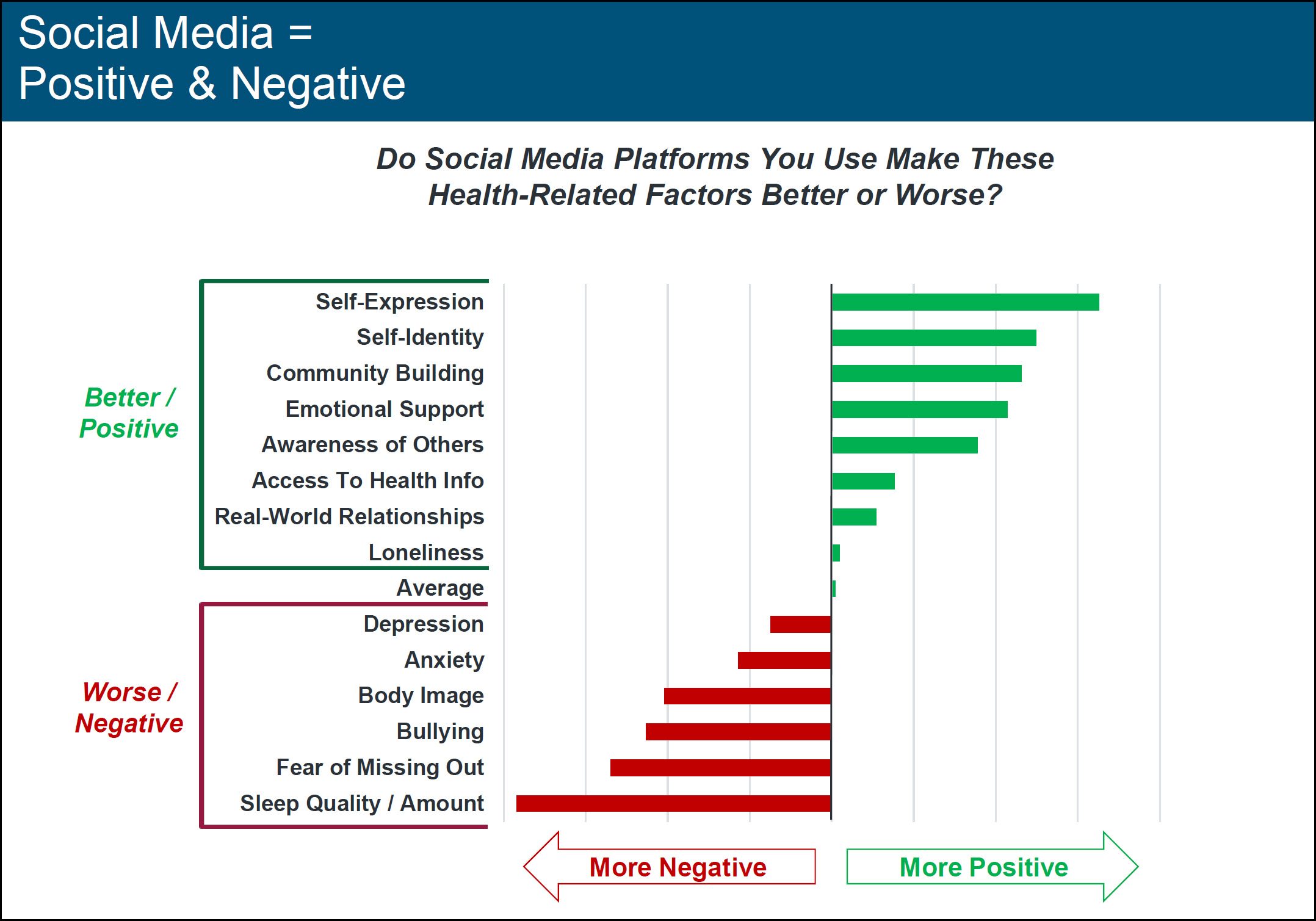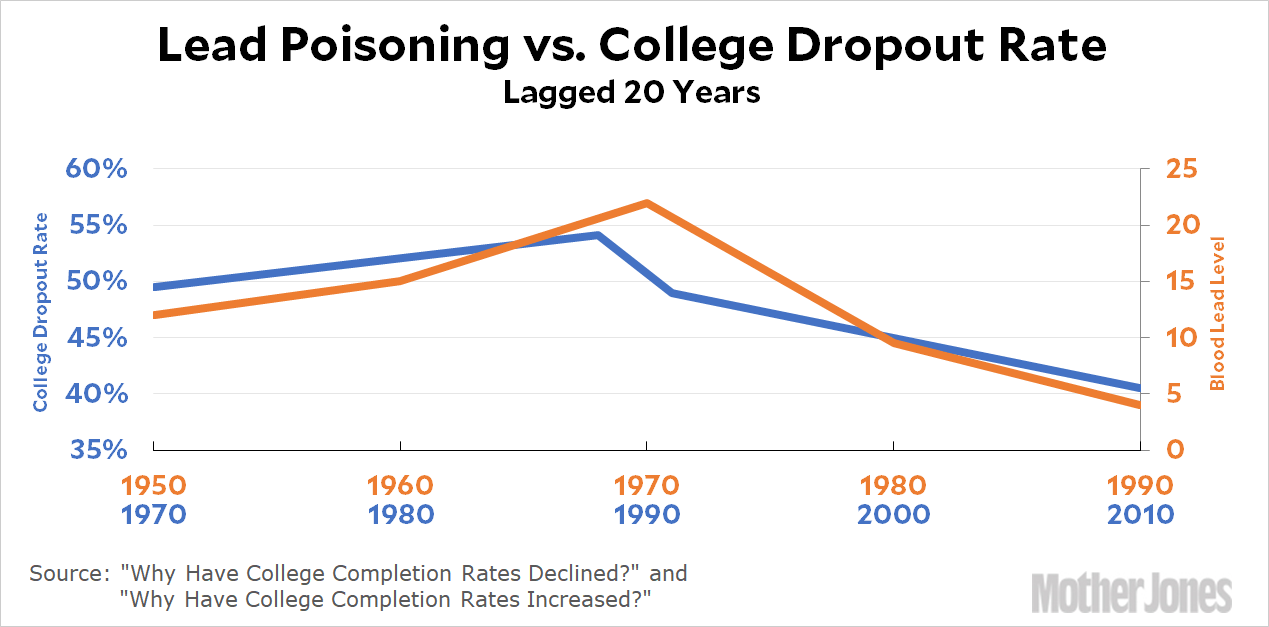The Washington Post reports today on the Terraton Initiative from Indigo Ag, a supplier of seed treatments and agricultural logistics. The idea is simple and appealing: we need to do more than simply reduce carbon emissions if we want to avoid the worst effects of global warming. We need to remove carbon from the atmosphere. Indigo wants to do this not via some kind of dangerous geoengineering project, but by paying farmers to adopt practices that allow their soil to capture more carbon. Their goal is eventually to remove a teratonne (one trillion tonnes) of CO2 from the atmosphere.
Do Indigo’s numbers add up? First off, here’s the cumulative amount of CO2 that we’ve dumped into the atmosphere since the start of the Industrial Age:
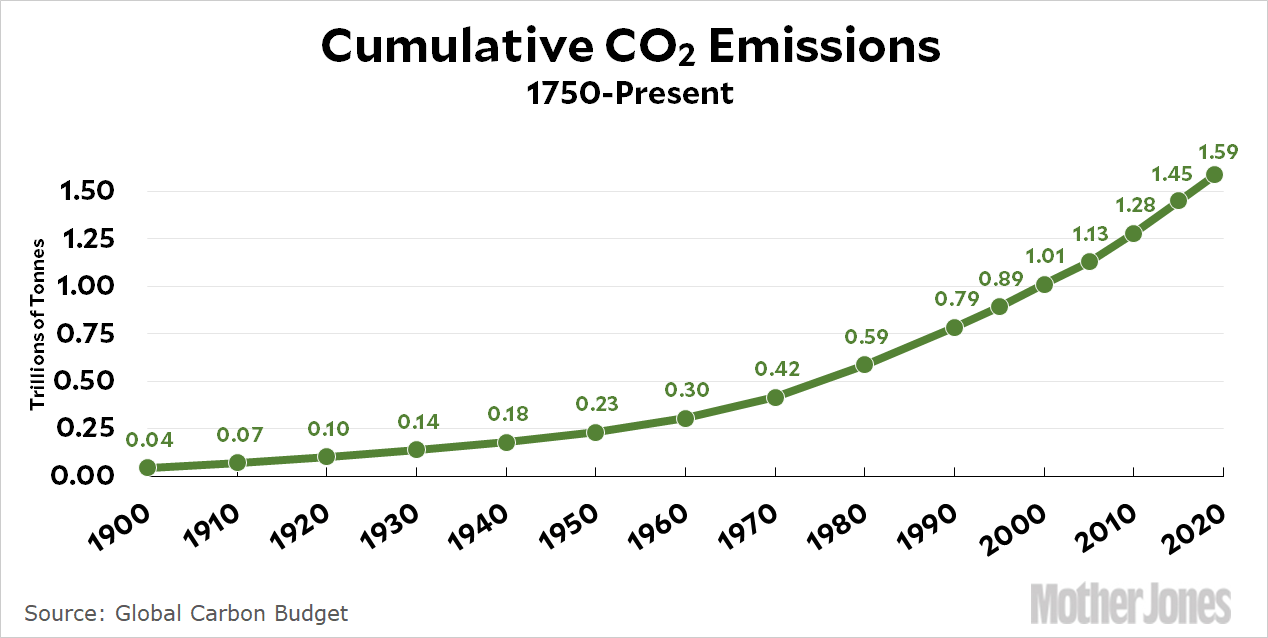
So far we’ve put about 1.6 trillion tonnes of CO2 into the atmosphere. Indigo says they’re starting off with 3,000 farmers who have a total of 1 million acres of land, and they expect the farmers to increase their carbon capture by 2-3 tonnes per acre. If we take the middle point of that, their project will capture an additional 2.5 million tonnes of carbon per year.
That’s a drop in the bucket, but Indigo says this is just their first-year projection. If it pans out, it will presumably be expanded. What would that look like?
Indigo says the world currently has about 3.6 billion acres of land under cultivation. Let’s be optimistic and suppose that we could adapt a third of that to better carbon capture techniques. At 2.5 tonnes of additional carbon capture per acre, that’s a total of 3 billion tonnes of CO2. Currently, the world emits about 35 billion tonnes of CO2 each year. Best case, then, Indigo could capture a little less than 10 percent of the world’s emissions each year. It’s a very far cry from a trillion tonnes.
But that doesn’t mean this isn’t worth doing. Pretty much everything is worth doing because, in the end, global warming will most likely be solved by putting together a whole bunch of things that each do 10 percent of the job. So best of luck to Indigo. I hope this isn’t just a marketing stunt.
UPDATE: This is not a pilot project, as I originally reported. The starting point of 3,000 farmers is just Indigo’s goal for the first year.


